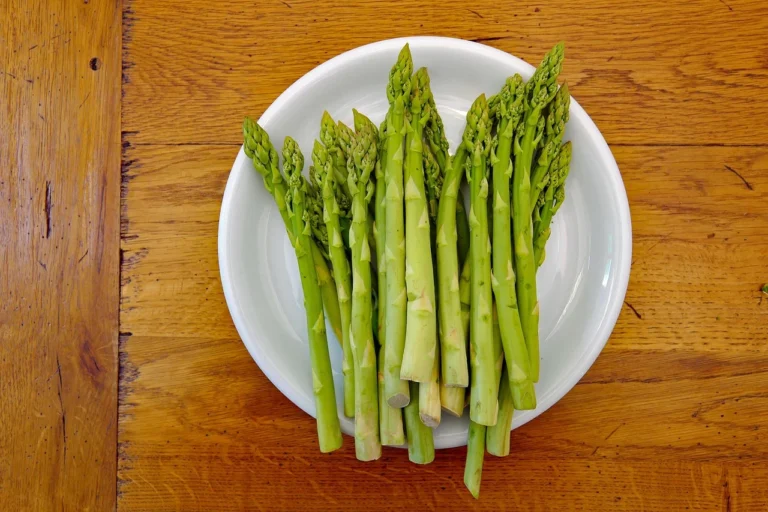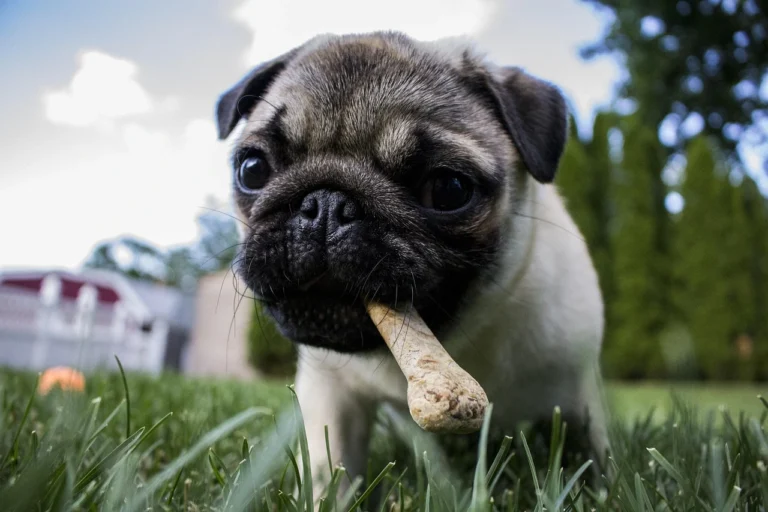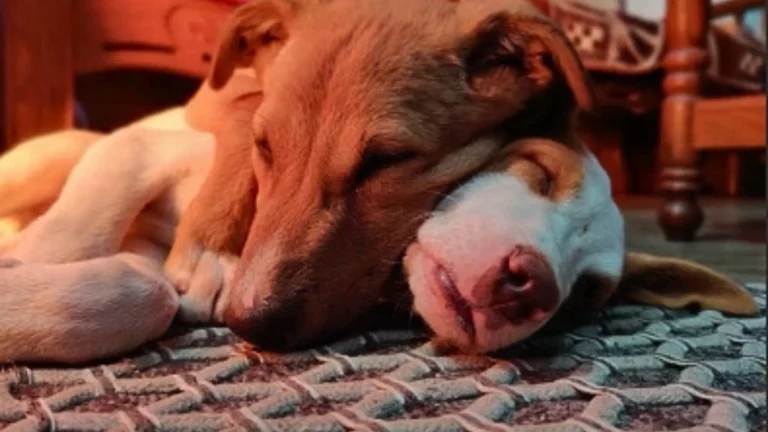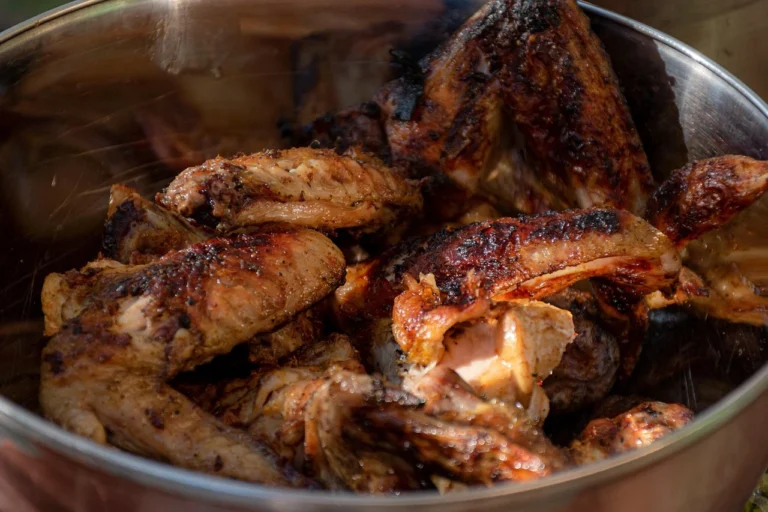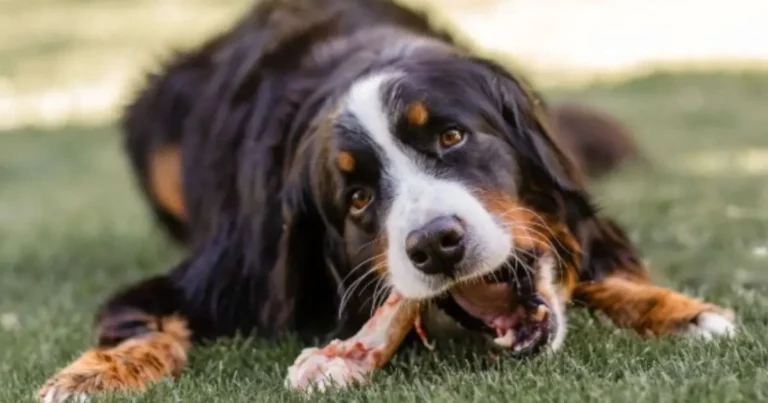Why Does My Dog Lick His Paws So Much?
Table of Contents
Your furry friend’s paw licking might be more than a simple habit. As a dog owner, you’ve probably seen your pet licking their paws a lot. You might wonder why they do it.
Dog paw licking can mean different things. It could be just a way for them to groom themselves. Or, it might be a sign of a bigger health problem.
It’s important to understand why your dog licks their paws. This helps keep them healthy and happy. If they lick too much, it could mean they have an allergy, injury, skin issue, or are feeling stressed.
This guide will help you understand why dogs lick their paws. It’s about learning to read your pet’s behavior. Knowing when to get vet help can really help your dog’s health.
We’ll look at why your dog might be licking their paws a lot. It could be because they’re uncomfortable or because of something they’re feeling emotionally. Paying attention to your dog’s behavior is key to keeping them healthy and happy.
Understanding Normal vs. Excessive Paw Licking Behavior
Dogs lick their paws as part of their grooming. Knowing when it’s normal and when it’s not is key to keeping them healthy. While some licking is okay, too much can mean there’s a health issue that needs fixing.
When Is Paw Licking Considered Normal?
Normal paw licking happens in these cases:
- Cleaning dirt or debris after walks
- Minor self-grooming
- Occasional itching or mild irritation
- Quick response to small injuries
Signs of Problematic Paw Licking
There are signs that paw licking is not normal:
- Persistent licking lasting more than a few minutes
- Raw or reddened skin
- Hair loss around paw areas
- Development of painful sores
- Visible changes in paw appearance
Impact on Your Dog’s Daily Life
Too much paw licking can really mess up your dog’s day. It might keep them awake, stop them from playing, and even change their behavior. Long-term licking can cause infections and pain, so it’s important to find and fix the cause fast.
“Early recognition of abnormal paw licking patterns can prevent more serious health complications.” – Veterinary Behavioral Specialists
Common Injuries That Cause Dogs to Lick Their Paws
Dogs lick their paws when they’re in pain or hurt. Knowing why your dog does this can help you fix the problem fast. Paw injuries are a big reason for this behavior, from small cuts to serious wounds.
Types of Paw Injuries
Paw injuries happen in many ways, making dogs lick their paws. Some common injuries include:
- Cuts and scrapes from rough surfaces
- Puncture wounds from sharp objects
- Torn or broken nails
- Foreign objects lodged between paw pads
- Blisters from hot pavement or cold surfaces
Identifying Physical Trauma
To treat paw licking, look for these injury signs:
| Injury Indicator | What to Look For |
|---|---|
| Visible Wounds | Cuts, bleeding, or open sores |
| Swelling | Inflammation or unusual paw size |
| Limping | Altered walking pattern or reluctance to bear weight |
| Redness | Inflamed or irritated paw skin |
First Aid for Paw Injuries
For minor injuries, you can do some basic first aid. Carefully examine the paw and follow these steps:
- Clean the wound with mild antiseptic solution
- Remove any visible foreign objects
- Apply a pet-safe antiseptic cream
- Bandage the paw if necessary
- Prevent further licking with an Elizabethan collar
If your dog keeps licking his paws or the injury looks bad, see a vet right away. Some wounds need a vet’s care to avoid infection or more harm.
Why Does My Dog Lick His Paws: Medical Conditions
Dog paw licking can be caused by many medical issues. It’s important to know these health problems to understand why your dog might lick his paws too much.
Several serious medical conditions can make dogs lick their paws a lot:
- Autoimmune disorders that cause skin inflammation
- Neurological conditions affecting nerve sensitivity
- Endocrine diseases disrupting normal skin health
- Systemic infections impacting multiple body systems
Chronic health problems often show up as odd behaviors like constant paw licking. Dogs can’t tell us how they feel, so they lick their paws to show us. This could mean:
- Potential internal organ dysfunction
- Hormonal imbalances
- Compromised immune system responses
Vets suggest doing lots of tests if your dog keeps licking his paws. Blood tests, skin scrapings, and special exams can find hidden health issues. These tests help figure out why your dog is licking his paws so much.
“Early detection of medical issues through behavioral signals can significantly improve treatment outcomes.” – Veterinary Medical Association
It’s key to understand how medical problems and paw licking are connected. This helps give your dog the right care and stops long-term health issues.
Allergies and Environmental Triggers
Allergies can make dogs lick their paws a lot. When dogs have allergies, they often lick their paws to feel better. Knowing about different allergies can help figure out why your dog does this.
Seasonal Allergies
Seasonal allergies, or atopic dermatitis, make dogs itch a lot. They can react to:
- Pollen
- Grass
- Dust mites
- Mold spores
These things can make your dog itch so much. They might lick their paws to try to feel better.
Food Allergies
Food allergies are another big reason dogs lick their paws. Some foods can make their skin get inflamed and itchy.
| Common Food Allergens | Potential Symptoms |
|---|---|
| Beef | Skin irritation |
| Chicken | Ear infections |
| Dairy | Gastrointestinal issues |
| Wheat | Paw licking |
Contact Allergens
Some things can make dogs allergic when they touch them. This includes cleaning products, lawn chemicals, or certain fabrics.
- Chemical cleaners
- Pesticides
- Synthetic materials
- Metal tags or collars
Getting rid of these things can help your dog feel better. It can also stop them from licking their paws so much.
Skin Infections and Parasites
Dogs with skin issues often lick their paws a lot. This is especially true when they have infections or parasites. These problems can make their skin very uncomfortable, leading to constant licking and chewing.
There are many types of skin infections that can irritate a dog’s skin:
- Bacterial infections that create redness and inflammation
- Yeast infections producing intense itching
- Fungal infections causing persistent skin problems
Parasites like fleas, ticks, and mites can make a dog lick their paws all the time. They can cause a lot of irritation.
| Parasite Type | Symptoms | Typical Treatment |
|---|---|---|
| Fleas | Intense scratching, visible black specks | Topical treatments, oral medications |
| Mange Mites | Hair loss, severe skin inflammation | Prescription antiparasitic medications |
| Ticks | Localized swelling, potential disease transmission | Removal, preventative medications |
Finding out what’s causing the problem needs a vet’s help. They can do tests like skin scrapings and blood tests to figure it out.
Fixing the issue usually means using special medicines and shampoos. It also means looking at things like the dog’s environment to see if they’re causing the problem.
Anxiety and Stress-Related Paw Licking
Dogs show their feelings through actions, and too much paw licking can mean they’re anxious. It’s important for pet owners to understand why this happens. This helps them support their dog’s mental health.
Separation Anxiety Triggers
Many dogs struggle with separation anxiety. This intense stress can make them lick their paws a lot. Signs include:
- Persistent licking when left alone
- Visible distress before your departure
- Destructive behaviors accompanied by excessive grooming
Environmental Stressors
Your dog’s surroundings affect their mood. Changes like moving or new pets can cause anxiety. Chronic stress may lead to compulsive paw licking as a self-soothing mechanism.
Compulsive Behaviors
Repetitive paw licking can become a habit. Dogs with obsessive-compulsive disorders might keep doing it even when the stress is gone. Getting help from a professional can help your dog feel better.
“Recognizing the root cause of anxiety is the first step toward helping your dog find peace.” – Veterinary Behavioral Specialist
There are ways to help, like changing their environment and using special treatments. A vet can suggest the best approach for your dog.
Pain and Discomfort Signals
When your dog keeps licking their paws, it might mean they’re in pain. They can’t tell us how they feel, so we have to look for signs. It’s important to understand these signals to find out what’s wrong.
Dogs can feel different kinds of pain that make them lick their paws too much. Some common reasons include:
- Arthritis and Joint Pain: Older dogs often get joint inflammation that hurts
- Muscle strains or soft tissue injuries
- Nerve pain or neurological conditions
- Internal health problems showing up as physical symptoms
Figuring out why your dog licks their paws can help find the pain source. Look out for these signs of pain too:
- Whimpering or unexplained vocalization
- Limping or changed walking
- Less activity
- Being sensitive when touched in certain spots
“Pain is often a silent language for dogs, and paw licking can be their way of seeking relief or drawing attention to discomfort.” – Veterinary Pain Management Expert
If your dog keeps licking their paws and shows signs of pain, see a vet. A vet can find out what’s wrong and help make your dog feel better.
Dermatitis and Other Skin Conditions
Skin issues in dogs can be frustrating for both pets and their owners. They often lead to persistent paw licking. Dermatitis is a common and troubling skin condition that causes a lot of discomfort for your furry friend.
Dogs can have different types of dermatitis. This can cause intense itching and irritation. Knowing these types can help you treat paw licking in dogs and provide relief.
Types of Dermatitis Affecting Canine Skin
- Contact Dermatitis: Caused by direct exposure to irritants like chemicals, plants, or allergenic materials
- Atopic Dermatitis: A genetic condition resulting from environmental allergies
- Seborrheic Dermatitis: Characterized by oily, scaly skin patches
- Allergic Dermatitis: Triggered by food or environmental allergens
Effective Treatment Options
Treating skin issues in dogs needs a comprehensive approach. Veterinarians usually suggest:
- Topical medications to reduce inflammation
- Oral antihistamines or steroids
- Medicated shampoos
- Identifying and removing potential allergen sources
“Successful management of dermatitis depends on accurate diagnosis and targeted treatment,” says veterinary dermatology experts.
Your veterinarian can perform specialized tests. They can find the exact cause of your dog’s skin condition. Then, they can create a personalized treatment plan for treating paw licking in dogs.
Boredom and Lack of Mental Stimulation
Boredom in dogs can lead to unexpected behaviors. Dog paw licking is a common sign of mental understimulation. Dogs without fun activities often lick their paws as a way to calm themselves.
It’s important for pet owners to know the signs of boredom in dogs. Dogs feeling mentally tired may show several signs:
- Constant paw licking
- Destructive behaviors
- Increased restlessness
- Seeking constant attention
To fight boredom and stop dog paw licking, try these ideas:
- Interactive puzzle toys that challenge your dog’s problem-solving skills
- Regular training sessions with new commands
- Varied walking routes to provide sensory stimulation
- Scheduled playtime with engaging activities
Physical exercise is key to preventing boredom. Aim for daily activities that challenge your dog’s body and mind. Try agility training, fetch games, or hide-and-seek. These can help reduce stress and improve mental health.
Mental stimulation is not a luxury—it’s a necessity for a happy, healthy dog.
When to Seek Veterinary Care
Knowing when to get help for your dog’s paw licking is key. Excessive licking can be a sign of serious health problems. It’s important to get expert care for your pet’s well-being.
Emergency Warning Signs
Some signs need quick vet care for paw licking in dogs. Look out for these urgent signs:
- Bleeding or open wounds on the paw
- Significant swelling or extreme redness
- Visible signs of infection
- Continuous limping or inability to bear weight
- Sudden changes in paw color or texture
Diagnostic Procedures
Vets use different tests to find the cause of paw licking:
| Diagnostic Method | Purpose |
|---|---|
| Physical Examination | Inspect paws for injuries, inflammation, or abnormalities |
| Skin Scraping | Check for parasites or microscopic skin conditions |
| Allergy Testing | Identify potential environmental or food allergens |
| Blood Work | Assess overall health and detect systemic issues |
Early diagnosis can stop small issues from becoming big problems. Trust your gut and talk to your vet if your dog’s licking worries you.
Prevention and Home Care Solutions
Keeping your dog’s paws healthy starts with understanding why they lick them. Knowing the reasons helps you prevent it.
Regular grooming is essential for paw health. Make grooming a routine that includes:
- Weekly paw inspections
- Gentle cleaning between toes
- Trimming excess hair around paw pads
- Checking for cuts, foreign objects, or unusual swelling
Keeping your dog’s environment safe is also important. Here are some steps to take:
- Use protective dog boots during walks on rough terrain
- Keep living spaces clean and free from potential irritants
- Maintain a consistent indoor humidity level
- Wash your dog’s paws after outdoor activities
Nutrition and mental stimulation help reduce stress licking. Make sure your dog eats well and gets enough exercise and playtime.
“Prevention is always better than cure when it comes to your dog’s paw health.” – Veterinary Wellness Magazine
If your dog still licks their paws, see a vet. They can check for health issues that might be causing it.
Conclusion
Figuring out why dogs lick their paws is important. It can be due to simple irritation or serious health issues. Watching your dog closely helps you find and fix these problems.
Seeing your dog lick his paws a lot means he’s not feeling right. It could be because of allergies, stress, skin infections, or something in the environment. Knowing why helps you find the right way to help him.
Keeping an eye on your dog, making sure his environment is clean and fun, and taking care of his health are key. This way, you can make sure your dog is happy and healthy.
Working to solve paw licking problems shows how much you care about your dog. Be patient, keep watching, and don’t hesitate to ask for help when you need it.


